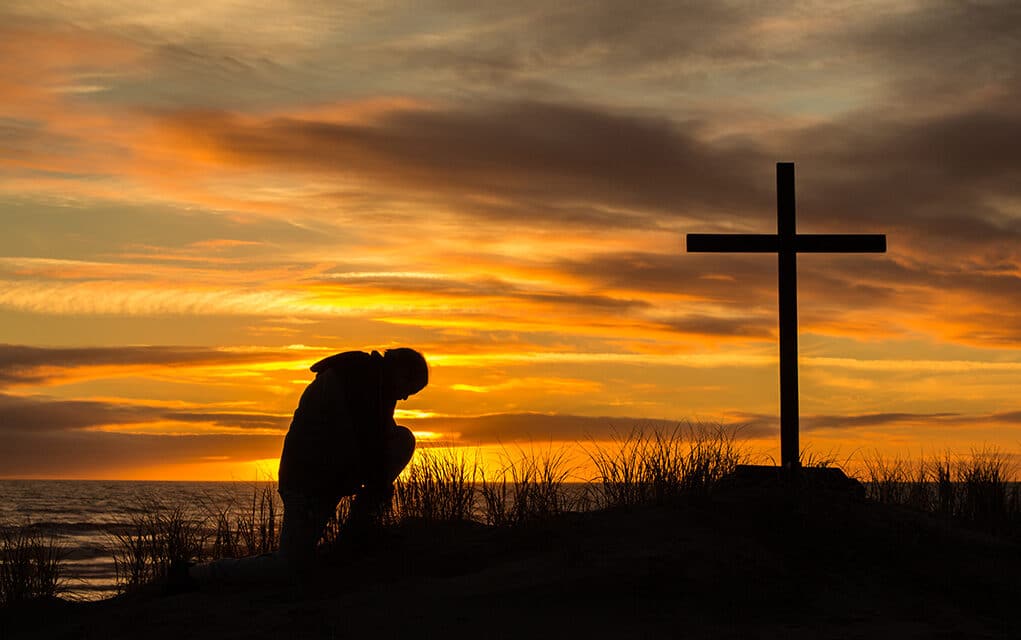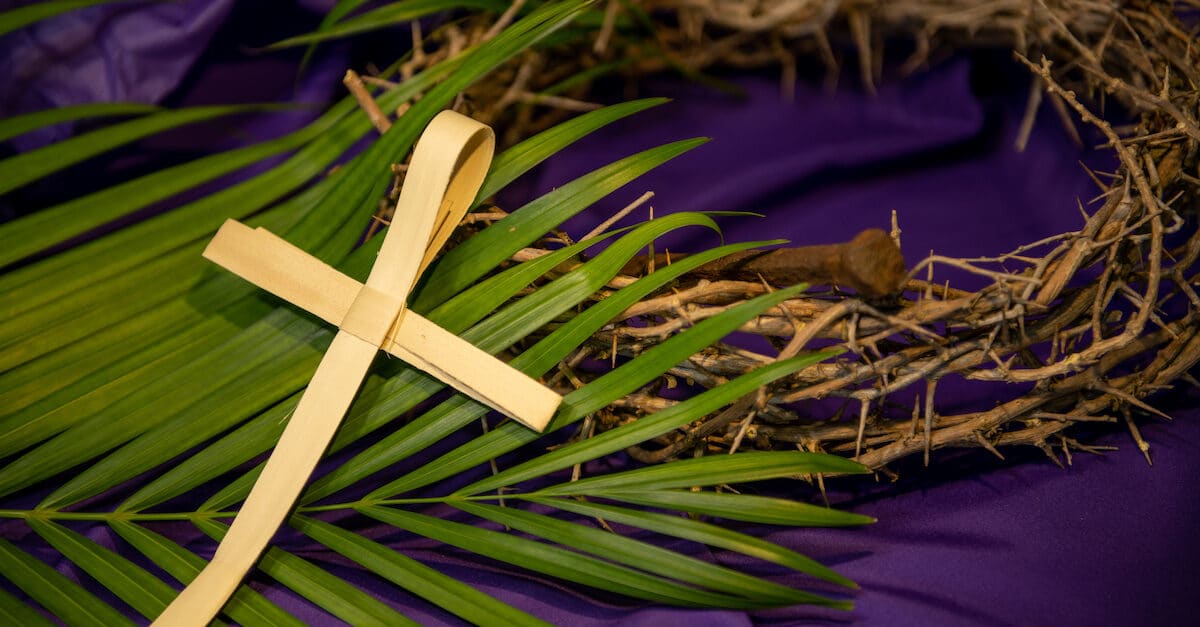Did you ever wonder what is the purpose of Lent? Maybe, like me, you didn’t grow up with a Lenten emphasis. In the country Wesleyan Church of my childhood, I don’t remember the church routine changing until Palm Sunday. But over my years as a pastor I began to appreciate more and more the power of the traditional Christian observance of Lent to strengthen our discipleship and deepen our spiritual journey. Now in retirement years, I am still finding Lent to be very meaningful and for multiple reasons.

A reminder to focus on Jesus
Above all, Lent is a time for worship and adoration of Jesus. There are certainly all kinds of helpful topics to explore in church services and personal Bible study, but in order to keep the perspective that we need to address these other issues well, we must first keep the admonition to “fix your thoughts on Jesus” (Heb. 3:1, 12:2). Whatever methods we choose to observe the Lenten season, they will only be a real success for us if they help us to look up to God, to “draw near” to God who has promised in the midst of our seeking to draw near to us (James 4:8)! So the first question in our plans is not “How will I deny myself?” Rather the first measure for evaluating our Lenten observances is, “How do they help me/us to worship Jesus, to obey the Father’s voice, “This is my beloved Son! Listen to him” (Mark 9:7 ESV)!

A Time of Repentance
There is a haunting verse in the Bible that says, “In their own eyes they flatter themselves too much to detect or hate their sin” (Ps 36:2 NIV). That verse makes me uncomfortable and I am afraid it speaks of us much of the time. We quickly condemn sins we see in others while ignoring our own or excusing ourselves. But perhaps my spiritual discomfort is healthy, akin to the kind of discomfort caused by strong exercise. Remember that Jesus admonished us to “First take the plank out of your own eye! (Matt. 7:5 NIV). The good news is that observing Lent gives us space to do the hard work of confronting ourselves where we need it. To move closer to a Holy God is to become more aware of our unholiness and to find in our hearts a Spirit-birthed desire for transformation. To witness again the commitment of Jesus in his journey to the cross for our sakes is to hate our own wavering, and to renew our own commitments to following Him. In our interactions with the world around us, our Christianity loses its edge, it becomes desensitized and dulled by the assault of temptations. But Lent gives us an opportunity to hone our edge again as the Rock of Our Salvation shapes our minds and spirits with his own.

An aid in preparing for the difficult times
Lent provides space to to delve into difficult yet important and relevant topics that we might tend to avoid if it were not for the annual call to wrestle anew with Jesus’ journey to the cross, his betrayal, his time in Gethsemane, etc. For example, recently my pastor’s Lenten message explored how we can react when God seems absent in our struggles, the thought that is voiced in Psalm 22:1 which Jesus quoted from the cross. “My God, my God, why have you forsaken me?” We all like “feel good,” “Blessed Assurance” messages, and we need them frequently, but unless we also mull over and digest the sobering lessons of Lent, we may find ourselves ill-prepared for real life with its trials, disappointments, and injustices. But Lent has a way of reminding us that life is often not ideal and then helping us deal with that brokenness.

An annual nudge toward greater self-control
I have also always appreciated the Lenten emphasis on self-discipline. I confess that I perennially need more of that. Though traditionally associated with fasting, I find that the scope of Lenten discipline is best broadened so the Holy Spirit can guide us as churches and individuals into the alterations of habits that will be most beneficial for us. Sometimes the goal will be a temporary one enduring just for the season; other times the idea of our Lenten discipline will be to use the season’s impetus to jumpstart us to a new level. I offer ten quick suggestions of various disciplines I have found helpful over the years while celebrating Lent. I include them to spark your own thinking.
- Read a book that challenges my spiritual growth
- Volunteer to help in a ministry of the church or do a community service, perhaps visit someone in a nursing home
- Contribute to a disaster/poverty relief organization
- Abstain from food for a meal or a few meals and spend that time in prayer
- Add fifteen to thirty minutes to my daily devotional time
- Keep track of calories
- Attend additional church services such as on Good Friday and/or Easter Sunrise
- Abstain from or limit online time and/or apps
- Join a small group at church for growth, service, and/or study
- Set Lenten goals for my exercise regimen
Do not seek God as if He were far off in an ivory castle. He is found in the middle of the events of your everyday life. Look past the obstacles and find Him.
Fenelon, The Seeking Heart, p. 15
